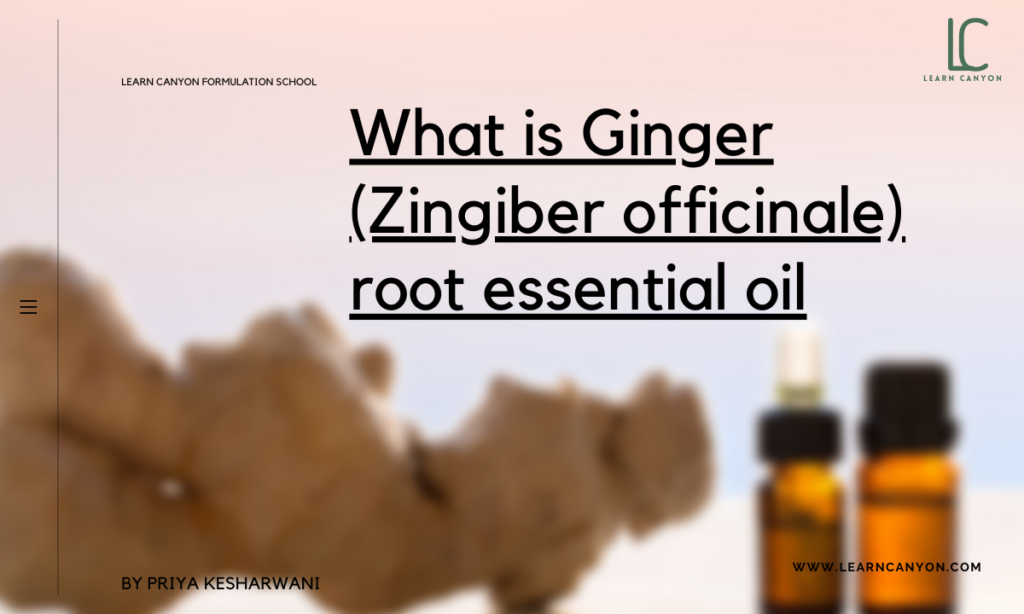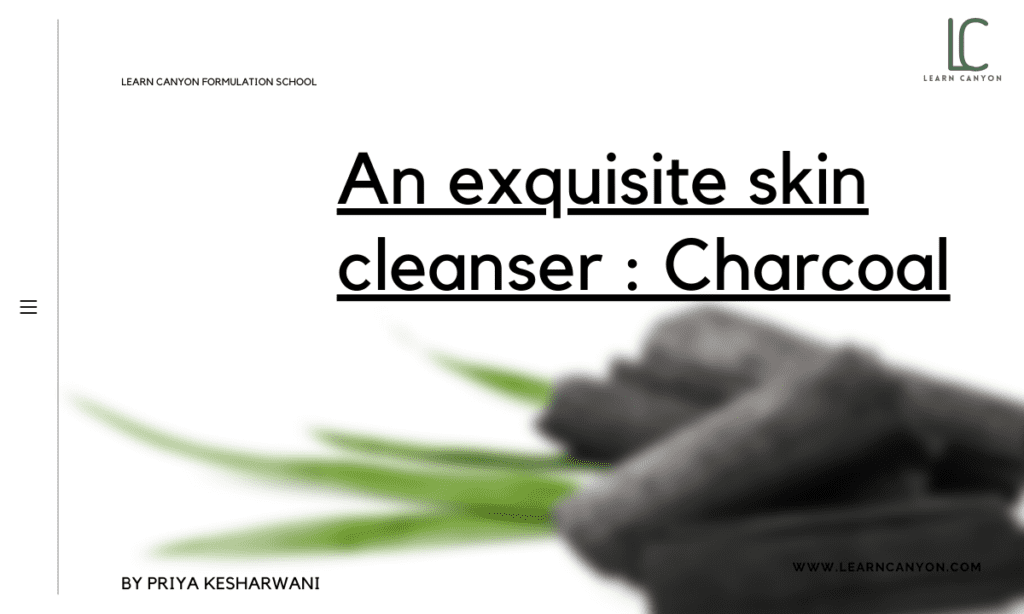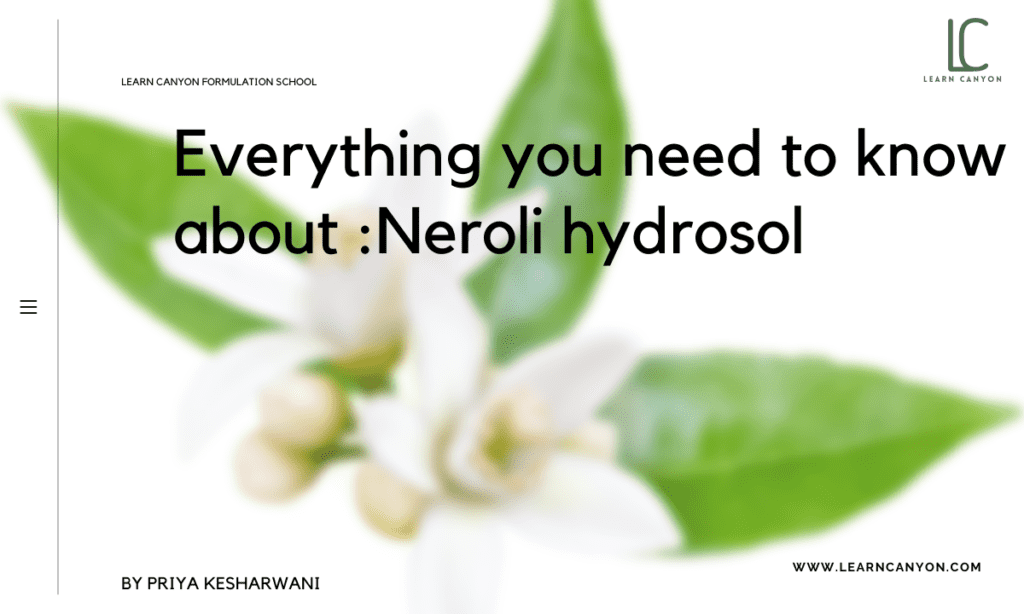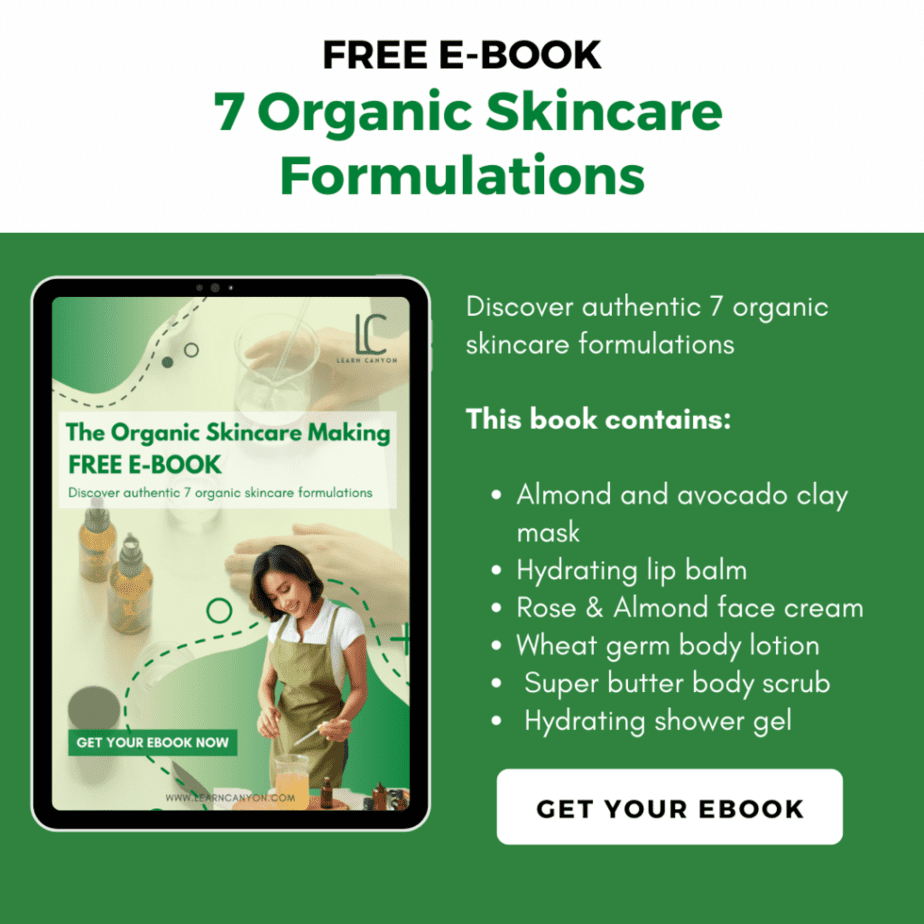
Charcoal: An exquisite skin cleanser

Charcoal
Assume you’ve just opened a container of a skincare product that’s full of black care ingredients.
You’re probably wondering how this can be used as a cleansing product. However, this black substance is charcoal, which is widely utilised as a skincare treatment nowadays.
When normal charcoal is heated to a high temperature, it turns into a fine black powder. It has a high absorption rate.
Typically, charcoal improves oily skin by making it oil-free and giving it a healthy glow. But how to work on your skin. Let’s start talking.
What is Charcoal?
Charcoal-infused scrubs, cleansers, sponges, and pore strips are all over the place. But what precisely is charcoal?
Charcoal is a powder made from carbon-based products as a by-product. It’s a fantastic odourless, tasteless, and non-toxic substance. It has pores and is negatively charged, which both aid in the attraction of contaminants.
| What is it? | Activated charcoal is a type of charcoal that has been processed to have a massive surface area. It can be manufactured out of a variety of ash species, including bamboo and hardwood. |
|---|---|
| INCI | Charcoal |
| Appearance | Fine black powder. |
| Texture | Fine, mildly gritty. |
| Recommended Usage | 1-10% |
| Solubility | Insoluble |
| Melting point | NA |
| Boiling point | NA |
| pH | 0.5-9.1 |
| Aroma | None |
| Why do we include it in formulations? | The colour of activated charcoal is really dark. It also works as a gentle exfoliator. |
| How to work with it? | Incorporate it into a formulation's heating or cooling phases. It isn't affected by the presence of heat. |
| Applications | One of the best natural pore cleansing substances is activated charcoal. Activated charcoal has been shown to eliminate toxins and impurities from your pores while also providing helpful exfoliation for a smoother, more refined lookc |
| Absorption rate | Fast |
| Strength | Very black, very trendy. |
| Weaknesses | Activated charcoal is a genuine mess, and it's not quite as wonderful as some websites suggest. |
| Substitution | black iron oxide |
| How to store it? | Stored in a cool, dark and dry place. |
| Shelf life | Activated charcoal has an unlimited shelf life. |
Fast Facts
| Type of ingredient | Adsorbent |
|---|---|
| Main benefits | Removes toxins |
| Who should use it | People with oily skin will benefit the most from utilising a charcoal-based skincare product because charcoal may supposedly absorb excess oil. |
| How often can you use it? | Daily |
| Works well with | Clays have the ability to absorb excess oil from the skin. |
| Doesn't work with | Wong recommends avoiding actives when using charcoal since it adsorbs (binds to) other chemicals to remove them, but claims they can be utilised after the charcoal has been rinsed away. |
| How to use | Incorporate it into a formulation's heating or cooling phases. It isn't affected by the presence of heat. |
Mechanisms of action
The surface area of activated charcoal for adsorption has been significantly increased. Charcoal is forced to open up and develop pores when it is exposed to gases or inorganic compounds (think of a microscopic sponge). Dispersion forces, a form of intermolecular force, are used by activated charcoal.
Wong adds, “Dispersion forces are sticky forces that act between all substances microscopically.” “They develop as a result of transient dipoles created by electron mobility.
Because activated charcoal has a high surface area, it provides plenty of room for other chemicals to develop dispersion forces with it.
” It is because of this adhesive property that activated charcoal is so powerful at removing chemicals when it comes into touch with them, and why it has earned a reputation as a good detoxifier.”
Benefits of Charcoal
Activated charcoal is a great natural pore cleanser that also has a lot of other skin advantages. Do you wish to have younger-looking skin with smaller pores? Of course, you know what I’m talking about.
Take it seriously, however. Who doesn’t want glowing skin with teeny-tiny, unclogged pores or none at all?
You undoubtedly already know how vital it is to maintain your pores clean and healthy for younger-looking skin, but did you realise that charcoal can help? The advantages listed here include:
1. Gets Rid of Excess Oil Production
You, like us, may have grown frustrated with our ways for treating or removing excess oil from your face and body.
It’s considerably worse during the steamy summer days. A charcoal cleansing ingredient absorbs excess oil, debris, and impurities from your skin, leaving you with an oil-free look.
2. Acne & Pimples are Reduced
Acne and pimples are well-known to be treated with charcoal. It helps to treat acne and pimples by removing toxins as well as skin pollutants.
Charcoal will not only eliminate impurities and excess oil from your skin, but it will also clean out acne-causing microorganisms, keeping your skin clear and looking young. It also fades pimples and acne scars on the face.
3. Pore Size Diminishment
Over time, filth and dirt accumulate in your pores, but charcoal, which is a highly absorbent form of activated carbon, cleans your pores and eliminates the extra grime, shrinking pore size.
4. Protects against premature ageing
Are you concerned about ageing too soon? Charcoal tightens your skin while also preventing fine lines, spots, and wrinkles from appearing. Skin that is loose indicates that it is ageing, and it is vital to take preventative steps as soon as possible.
It has the capacity to tighten and firm your skin immediately. We guarantee that charcoal will be an excellent complement to your skincare routine.
5. Exfoliates the skin
Is there anything better than a bar of soap? What could be better than one of the best gentle exfoliators, thanks to the texture of the charcoal? The somewhat gritty texture helps to remove debris and dead skin cells gradually. It’s an excellent cleaning soap for all skin types, particularly sensitive skin.
Side Effects of Charcoal
According to Levin, charcoal is non-toxic, does not create allergic or irritated reactions, and is unlikely to hurt you.
It’s also important to consider the product you’re utilising as well as the other compounds in the mix. To put it another way, ignore that one viral (and perhaps hazardous) charcoal peel-off mask that was all over your social media feeds, as well as any others like it. Use a light charcoal-based product instead to protect your skin’s barrier.
How to Use it in formulation?
Because activated charcoal eliminates contaminants by physical contact, it should be most effective at removing oil when left on for a long time. Wong, on the other hand, claims that because there is so little research on the benefits of charcoal, there is no information on how or how often it should be used for skin.
Work well with other ingredients
Charcoal can be used topically to treat the skin or eaten orally for medical reasons, as previously indicated. Clays that absorb oil from the skin work effectively.



